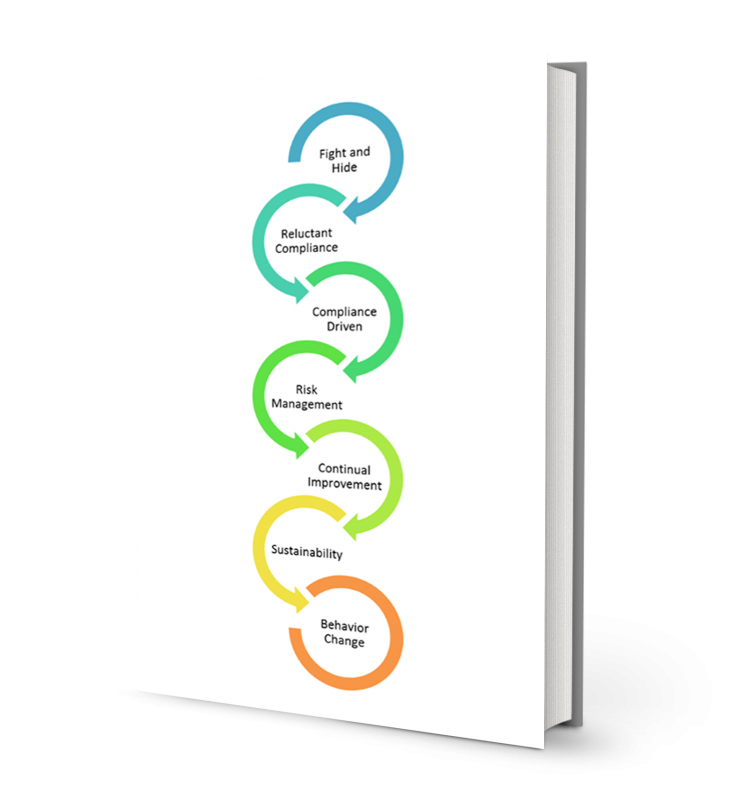STUDENTS’ COLLABORATIVE LEARNING STYLE, SELF-ASSESSMENT, AND PERCEIVED TEACHERS’ AFFECTION AS PREDICTORS OF SECONDARY SCHOOL STUDENTS' ACADEMIC ACHIEVEMENT IN ANAMBRA STATE.
Emesi, Kingsley Ekene
kingsleyemesi@gmail.com Department of Educational Foundations Faculty of Education, Nnamdi Azikiwe University Awka Anambra State
Anyanwu, Adeline Nne
an.anyanwu@unizik.edu.ng Department of Educational Foundations Faculty of Education, Nnamdi Azikiwe University Awka Anambra State
Ezenwosu, Elizabeth Ngozi
en.ezenwosu@unizik.edu.ng Department of Educational Foundations Faculty of Education, Nnamdi Azikiwe University Awka Anambra State
Students’ collaborative learning style, self-assessment and perceived teachers’ affection are strong facilitators of proactive learning. The study examined students’ collaborative learning style, self-assessment and perceived teachers’ affection as predictors of academic achievement in English language in Anambra State. Four research questions and three null hypotheses guided the study. The study adopted a predictive correlational design to provide answers to the research questions and hypotheses. The population of the study comprised 21204 SS II students from which a sample of 750 was drawn. Multi-stage procedure was used to select the sample. Three standardized research instruments namely; Core Self-Evaluation Scale (CSES) for self- assessment, Learning Style Inventory (LSI) for collaborative learning style, and Teacher Affective Support Scale (TASS) for perceived teachers’ support, and scores from students’ promotional examination in English language were used for data collection. Cronbach’s alpha was used to determine the reliability of the items in the instruments. A reliability index of 0.72, for collaborative learning style, 0.67, for self-assessment, and 0.76, for perceived teachers’ affection were obtained. The standard multiple regression was used to analyze the collected data. The research question 1 was answered using multiple regression. The research question 2 was answered using unstandardized β. The research question 3 was answered using adjusted R2. The research question 4 was answered using standardized β. The null hypothesis 1 was tested using F-test for regression model. The null hypothesis 2 was tested using t-test for adjusted R2. The null hypothesis 3 was tested using t-test for β at .05 level of significance. Findings showed that students’ collaborative learning style, self-assessment and perceived teachers’ affection scores yielded an adjusted R square of .007. This implies that predictors accounted for about 0.7% of the variance scores in academic achievement. It was indicated that among the independent variables, self-assessment significantly predicts academic achievement in English language, while collaborative learning style and perceived teachers’ affection does not significantly predict academic achievement in English language. Finally, it was recommended that students should encouraged themeselves to utilize collaborative learning style, self-assessment and persieved teachers’ affection constructs in their learning process since the variables statistically and significatly predict academic achievement scores in English language.
Brown, G.T.L., & Harris, L.R. (2013). The future of self-assessment in classroom practice: reframing self-assessment as a core competence. Frontline Learner Research, 3, 22-30. Doi:10.147861flr.v2il24. Chandra, R (2015). Collaborative learning for educational achievement. Journal of Research and Method in Education, 5(2), 00-00.www.i0srjournals.org. Cohen, J. (1988). Statistical power analysis for the behavioral sciences. New York, NY: Routledge Academic. Cook, R.D. (1977). Detection of influential observations in linear regression. Technometrics, American Statistical Association. Denis, D.J. (2020). Univariate, Bivariate and Mutivariate Statistics Using R: Quantitative Tools for Data Analysis and Data Science. India: Wiley Publication. Debicki, B.J., Kellermanns, F.W., Barnett, T., Pearson, A.W., & Pearson, R.A. (2016). Beyond the big five: The mediating role of goal orientation in the relationship between core self- evaluations and academic performance. International Journal of Management and Education, 14(3), 273-285. https://doi:org/10.1016/j.ijme.2016.05002. Hall, J.K., & Walsh, M. (2002). Teacher-student interaction and language learning. Annual Review of Applied Linguistics, 22, 186-203. Ikpesu, O.G., (2021). Collaborative learning model and business education students’ active engagement in River State University. River State University Journal of Education, 24 (2), 76-85.. url:www.rsujoe.com.ng. Jude, T.A., Erez, A., Bono, J.E., & Thoresen, C.J. (2003). The core self-evaluations scale: development of a measure. Personnel Psychology, 56, 303e331. Kolb, D.A. (1999). Learning Style Inventory: version 3. Boston, MA:Hay/MCBer. Training Resources Group. Leon, S.P., Augusto-Landa, J.M., & Garcia-Martinez, I., (2012). Moderating factors in university students’ self-evaluation for sustainability. Sustainability, 13, 4199. https://doi.org/10.3390/su13084199. Mehrens, W. A., & Lehmann, I. J. (2016). Measurement and evaluation in education and psychology. New York Holt, Rinhart and Winston. Moore, M., & Kearsley, G. (2004). Distance Education: A systems View. Belmont CA: Wadsworth Publishing Company.
National Bureau of Statistics. (2022). National Examination Council (NECO). Analysis of performance of candidate, senior secondary certificate examination (SSCE) so19- 2022.https://www.nigerianstat.gov.ng/pdfuploads/SSCE%20student%20performance%20 29-2022.pdf. Schumacher, R.E. (2015). Using R with multivariate statistics. A premier. London: Sage Publication. Tabchnick, G.B., & Fidell, L.S. (2018). Using multivariate statistics. New York: Pearson. Ugwu, E.O. (2022). The challenges facing effective teaching of Literature-in-English in Nigeria secondary schools. Journal of educational Research and Practical, 2 91), 160-178 Doi: 10.5390/90/JERAP.2022.12.12. Yaloye, E. A. (2013). Courses of poor academic performance in Northern Nigeria. A monograph. Institute of Education, University of Ibadan, Ibadan
National Bureau of Statistics. (2022). National Examination Council (NECO). Analysis of performance of candidate, senior secondary certificate examination (SSCE) so19- 2022.https://www.nigerianstat.gov.ng/pdfuploads/SSCE%20student%20performance%20 29-2022.pdf. Schumacher, R.E. (2015). Using R with multivariate statistics. A premier. London: Sage Publication. Tabchnick, G.B., & Fidell, L.S. (2018). Using multivariate statistics. New York: Pearson. Ugwu, E.O. (2022). The challenges facing effective teaching of Literature-in-English in Nigeria secondary schools. Journal of educational Research and Practical, 2 91), 160-178 Doi: 10.5390/90/JERAP.2022.12.12. Yaloye, E. A. (2013). Courses of poor academic performance in Northern Nigeria. A monograph. Institute of Education, University of Ibadan, Ibadan

